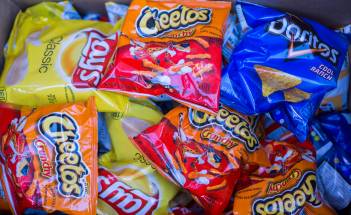Chips are down Snack-food standoff between Frito-Lay and Loblaws
Read this article for free:
or
Already have an account? Log in here »
To continue reading, please subscribe:
Monthly Digital Subscription
$0 for the first 4 weeks*
- Enjoy unlimited reading on winnipegfreepress.com
- Read the E-Edition, our digital replica newspaper
- Access News Break, our award-winning app
- Play interactive puzzles
*No charge for 4 weeks then price increases to the regular rate of $19.00 plus GST every four weeks. Offer available to new and qualified returning subscribers only. Cancel any time.
Monthly Digital Subscription
$4.75/week*
- Enjoy unlimited reading on winnipegfreepress.com
- Read the E-Edition, our digital replica newspaper
- Access News Break, our award-winning app
- Play interactive puzzles
*Billed as $19 plus GST every four weeks. Cancel any time.
To continue reading, please subscribe:
Add Free Press access to your Brandon Sun subscription for only an additional
$1 for the first 4 weeks*
*Your next subscription payment will increase by $1.00 and you will be charged $16.99 plus GST for four weeks. After four weeks, your payment will increase to $23.99 plus GST every four weeks.
Read unlimited articles for free today:
or
Already have an account? Log in here »
Hey there, time traveller!
This article was published 22/02/2022 (1385 days ago), so information in it may no longer be current.
If you are craving Doritos, Miss Vickies, Cheetos or Lay’s potato chips, you’ll have to get them somewhere other than the Real Canadian Superstore, Shopper’s Drug Marts, No Frills or any other store that falls within the Loblaw family.
That’s because Frito-Lay — the PepsiCo.-owned parent company of the salty snack foods and more, like Sunchips and Ruffles — has stopped sending products to Loblaw over a pricing dispute.
Loblaw allegedly refused Frito-Lay’s requests to increase its product’s prices, leading to the snack-food standoff.
“The stop-sell tactic has been around for a long time, but the scale of this one is particularly concerning,” said Sylvain Charlebois, Dalhousie University professor of food distribution and policy. “You’re looking at Frito-Lay against Loblaw — that’s a big deal.”
“You’re looking at Frito-Lay against Loblaw — that’s a big deal.”– Sylvain Charlebois, Dalhousie University professor
Frito-Lay is one of Canada’s biggest food manufacturers and has five plants in the country. The business has faced rising costs, including ingredient and packaging prices and transportation, according to Sheri Morgan, a spokesperson for Frito-Lay.
“To help offset these pressures on our Canadian operations and to ensure that we maintain the high quality our consumers expect, we have made adjustments to our prices… that are consistent across the marketplace,” Morgan wrote in an email.
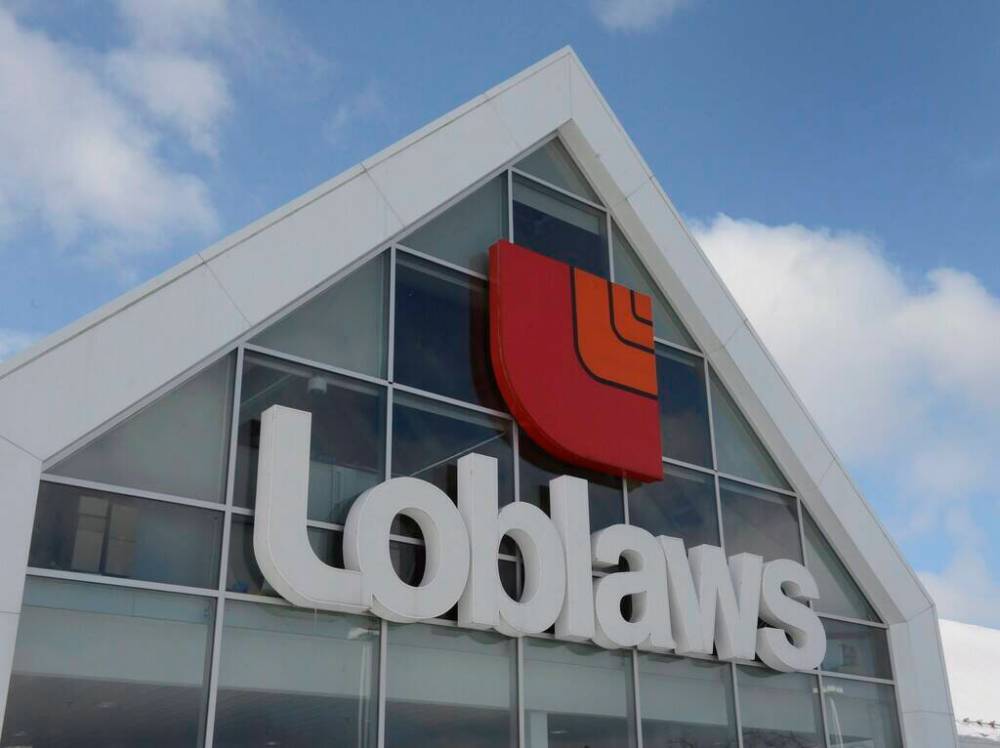
She wouldn’t comment further as it’s a “confidential matter with a valued customer” but said the company is committed to its Canadian operations and keeping products available.
“We are laser focused on minimizing retail price increases as much as possible,” Catherine Thomas, Loblaw’s vice-president of communication, wrote in an email.
The chain, which is Canada’s largest grocer, undertakes detailed reviews when suppliers request higher costs, Thomas said.
“This can lead to difficult conversations and, in extreme cases, suppliers don’t ship us products,” she wrote, adding the company doesn’t comment on specific negotiations.
Usually, manufacturers don’t make a big fuss when grocers reject their price increases, according to Charlebois.
But, there’s been a two-year-long pandemic straining organizations across the supply chain.
“When grocers have the power to negotiate, you just blink first,” Charlebois said. “What Frito-Lay has done is it didn’t want to blink first.”
Disputes have escalated because of higher input and operational costs, he said.
“The pressure is really immense for processors to deal with alone,” he said.
“When grocers have the power to negotiate, you just blink first. What Frito-Lay has done is it didn’t want to blink first.”– Sylvain Charlebois, Dalhousie University professor
Other manufacturers are likely watching the clash, cheering for Frito-Lay; if the manufacturer gets their way, it could change the landscape of negotiating with grocers, Charlebois said.
“PepsiCo has the clout to get things going,” he said, adding the decision could poorly affect their bottom line.
Different producers might take the same action, Charlebois said.
On the other side, grocers may be supportive of Loblaw, a company which has over 2,400 stores across Canada, Charlebois said. The business has its own brands — No Name and President’s Choice — which can fill major sections of the chip aisle.
“What we need in Canada is a code of conduct,” he said, adding an arbitrator could resolve issues more quickly.
Charlebois said the friction between Frito-Lay and Loblaw is the “tip of the iceberg.”
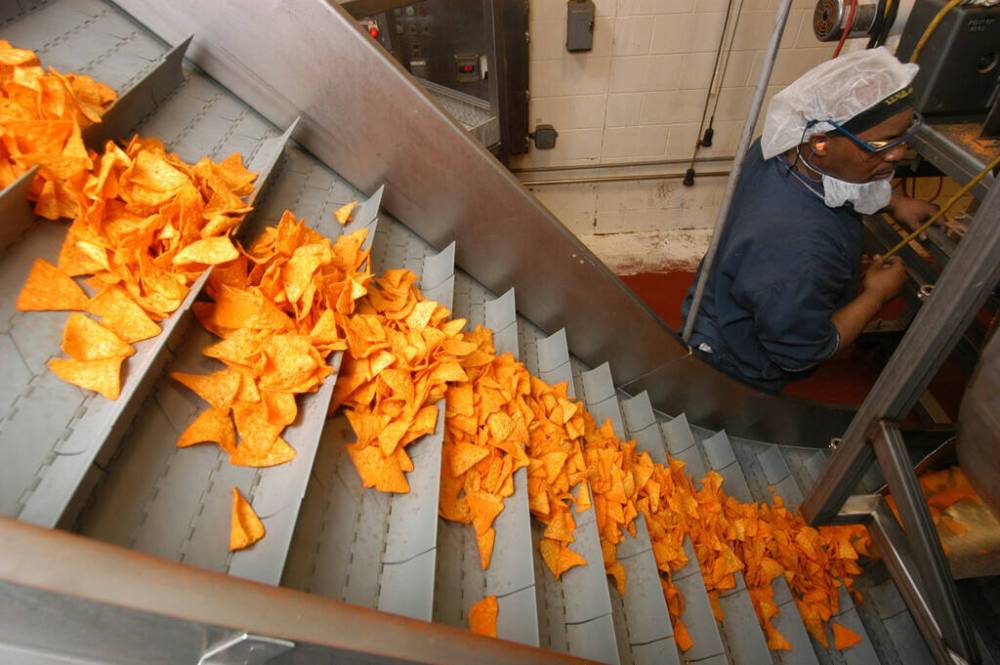
The hostility between retailers and manufacturers could worsen in the coming months, he said.
“This is not just about chips,” said Charlebois, Dalhousie University professor of food distribution and policy. “We’re going to be seeing this in other food categories like bakery and dairy as well.”
Retail industry advocates say food manufacturers are, in some cases, seeking price hikes that outpace inflation.
Retail Council of Canada spokeswoman Michelle Wasylyshen said the industry group, which represents Loblaw, has been contacted by both big and small grocery retailers about a flood of new price increases in January from vendors.
“This follows an already alarming number of increases in the preceding quarter,” she said. “In many cases the increases are unprecedented and far exceed typical food inflation levels.”
Statistics Canada said last week that food prices increased 6.5 per cent in January, the biggest year-over-year jump in grocery bills in more than a decade and higher than the overall annual inflation rate of 5.1 per cent.

Munther Zeid, owner of Winnipeg’s Food Fare chain, said many companies put off increasing product costs during the pandemic since many customers were struggling.
“(Some businesses) absorbed it… they made less money,” Zeid said, adding price jumps are incoming.
The market won’t normalize until the pandemic ends, he said.
“Bread is up, milk is up, everything’s up,” he said. “COVID has caused companies to lose money or pay more money out for things. They need to recoup that.”
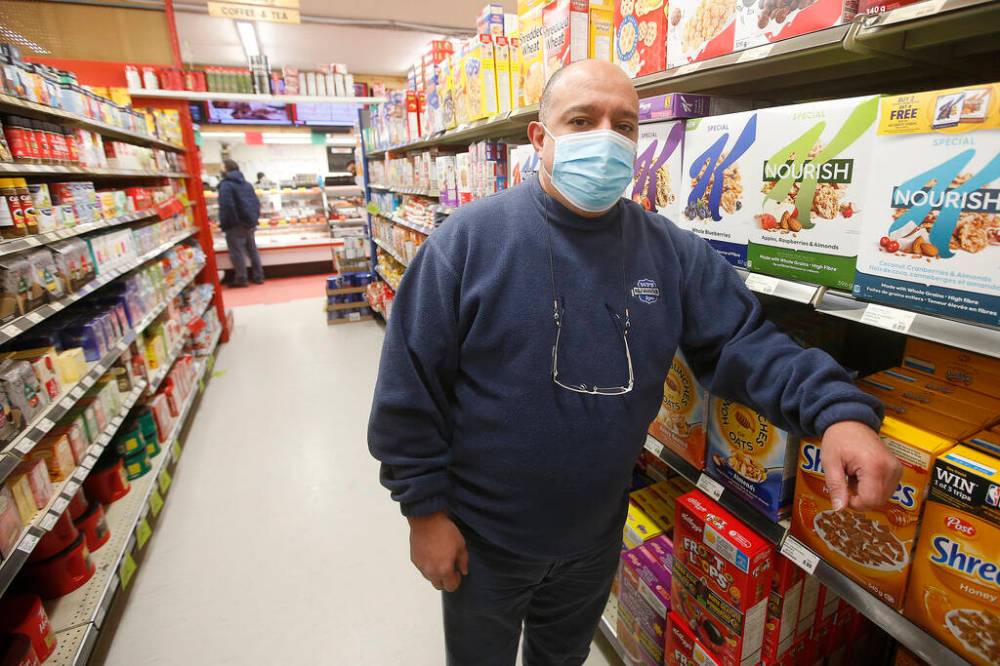
Neither Frito-Lay nor Loblaw provided a timeline for an end to the standoff. Meantime, customers will have to adjust.
Wadih Karam, a shopper at Bison Drive’s Superstore Tuesday, said he’d commute further to get his hands on barbecue Lay’s chips.
“If I can’t get it here, I’ll get it somewhere else,” he said.
“If I can’t get it here, I’ll get it somewhere else.”– Wadih Karam
Mike Kostanski switched to mainly buying No Name chips last summer — he likes the ingredients better.
“My kids like the other brands, that’s the problem,” he said. “The Cheetos and that, they really like the Cheetos.”
Still, as long as the bright yellow bags line Superstore’s aisle — as they did at the Bison Drive location Tuesday — Kostanski is happy.
Other brands also sat in their places, including Old Dutch, Pringles and Bugles.
– With files from The Canadian Press
gabrielle.piche@winnipegfreepress.com
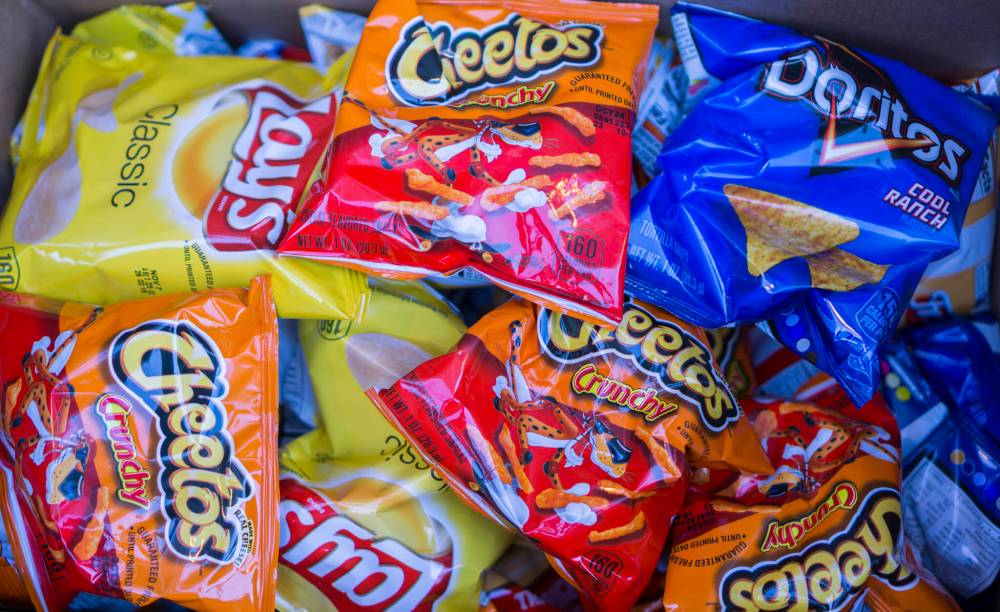

Gabby is a big fan of people, writing and learning. She graduated from Red River College’s Creative Communications program in the spring of 2020.
Our newsroom depends on a growing audience of readers to power our journalism. If you are not a paid reader, please consider becoming a subscriber.
Our newsroom depends on its audience of readers to power our journalism. Thank you for your support.





.jpg?h=215)
